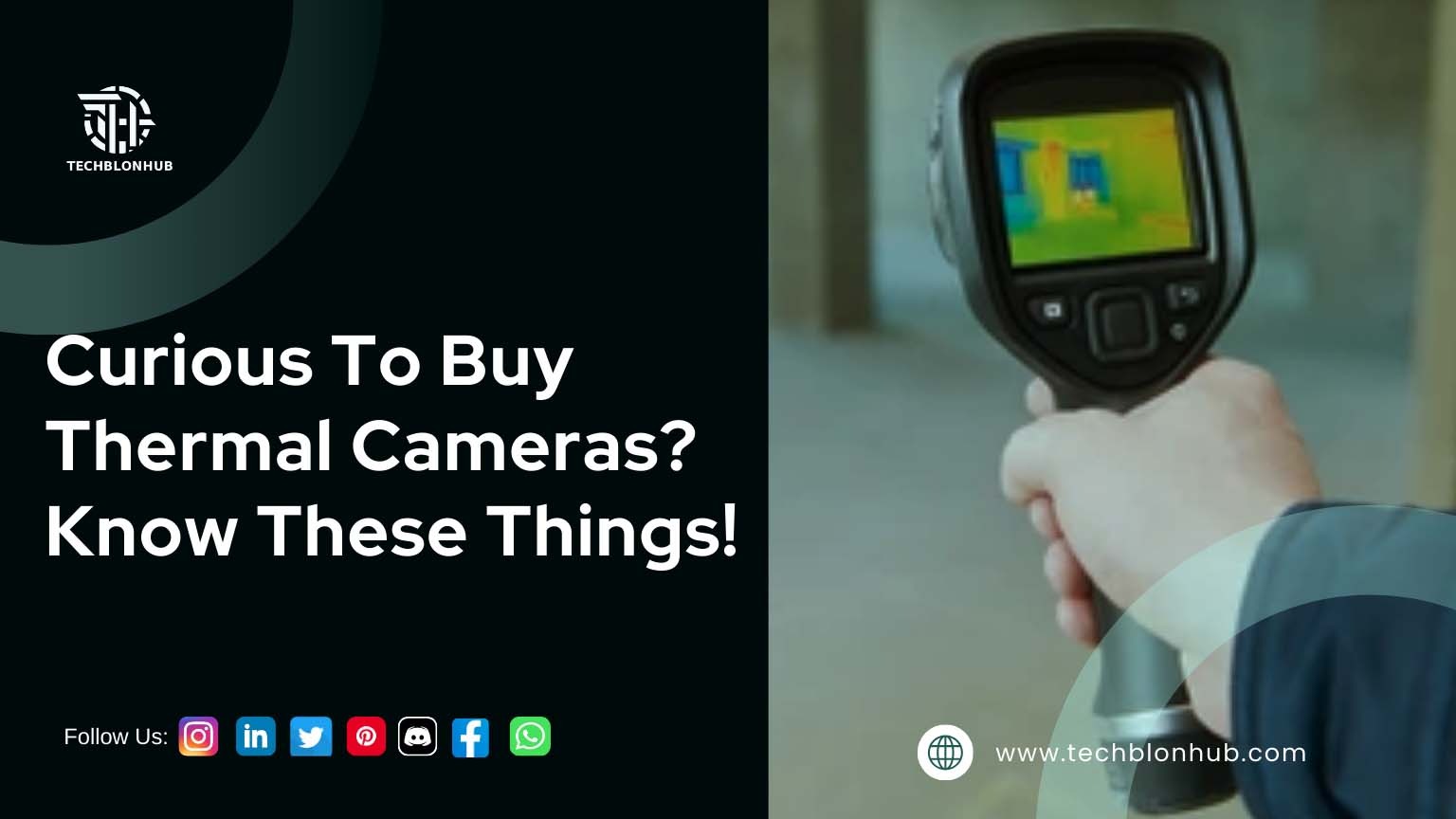When it comes to buying a thermal imaging and focus camera, it isn’t similar to bagging a DSLR or point-and-shoot camera. Today, thermal cameras are designed to serve different jobs. In simple words, not every infrared camera is the same, which is why it is crucial to purchase the camera that suits your needs and offers you the right functionality.
read more
“Things to Know Before Buying a Thermal Scanner Camera”
Whether you are a plumber, electrician, researcher, home inspector, technician working in a hospital, or DIY enthusiast, it is imperative to consider the below-listed questions to make sure you get what exactly you need. So, keep reading.
1. How do thermal scanner cameras work?
Also known as infrared scanner cameras, these devices detect naturally from every object and, of course, every individual. Just like any other camera, these imaging cameras come with lenses; however, these lenses only focus on the objects where heat waves are present. Tens of thousands of sensors transform these readings into an electrical signal, which produces a thermal profile. Always remember, the hotter a subject, the more the heat! A thermal scanner focus camera can detect this heat and change it to an image you can see with your naked eye. For your better knowledge, in a photo, you will notice that an individual is covered in different shades of orange, red, and yellow. This is because this will show that the person is hotter in comparison to the surroundings, and that is why it appears brighter. Whereas the cooler surroundings will appear in the shades of blue and purple!
2. What are thermal cameras used for?
The utilization of thermal imaging cameras is limitless. These cameras were typically created for surveillance and military operations; however, these cameras are now used for firefighting, building inspections, automatic braking, human body temperature screening, industrial inspections, scientific research, and the list goes on and on.
3. Is thermal scanning fatal?
Not at all! The thermal scanning framework is a non-invasive and non-contact passive imaging system that measures the energy emitted by various objects and, of course, the human body. Generally, thermal scanning systems utilize software to give an estimated core as well as surface temperature. It is safe to say that thermal scanner cameras aren’t emitting any kind of radiation.
4. Is there any limitation to utilizing a thermal imaging camera?
The thermal scanning camera is used for capturing the initial temperature assessment. Remember, not taking eyewear, hats, or masks at the time of screening can provide a wrong reading. Additionally, thermal scanning cameras cannot detect a multitude of people simultaneously.
5. What is inside the thermal scanner camera?
A thermal imaging camera consists of a lens, sensor, processing electronics, and mechanical housing. The lens focuses infrared heat onto the sensor. The thermal sensor is available in many different pixel configurations ranging from 80 × 60 to 1280 × 1024 pixels or more.
The resolutions are comparatively low in comparison to visible light imagers, as thermal detectors require detecting heat that contains much larger wavelengths than visible light, needing each sensor component to be precisely enormous. As an outcome, a thermal scanner camera generally comes with fewer pixels than visible sensors. Some crucial specifications to contemplate when purchasing a thermal camera are:
- resolution
- range
- field of view
- focus
- thermal sensitivity
- spectral range
So, these are some of the many crucial things you need to know before investing in a thermal imaging camera. To know more, feel liberated to get in touch with us.

